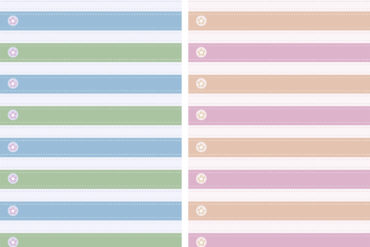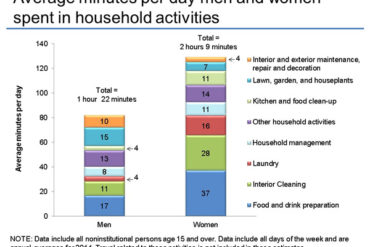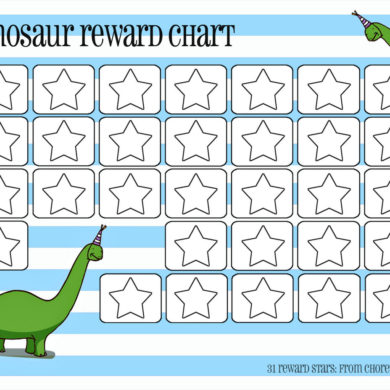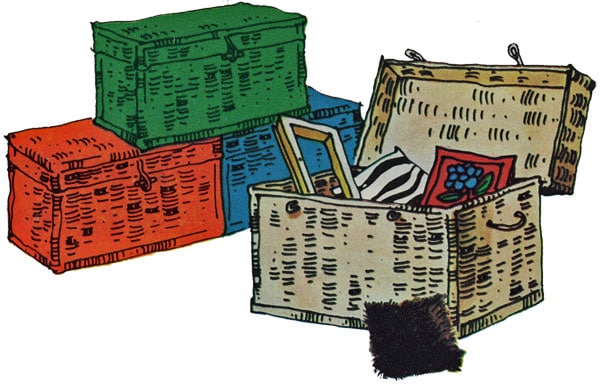
Coping with clutter
by Leo Babauta
So you’ve been putting off tackling your clutter for months, maybe even years. Papers pile up on a counter, shelves are crammed full of books and magazines and other things, closets are stuffed to the point of spillage, clothes pile up on the floor or furniture, boxes and furniture and other miscellaneous things cover your floor.
But once you’ve decided to dive in, how do you get started?
There are two methods, both of which are great, and you can combine them. Let’s cover all three options.
The Surge
One of my favorite ways to tackle clutter is in a huge surge — set aside a weekend, for example, and take on as much as you can, one room at a time.
Clear your schedule for a day or two. Get some boxes and trash bags. Get excited.
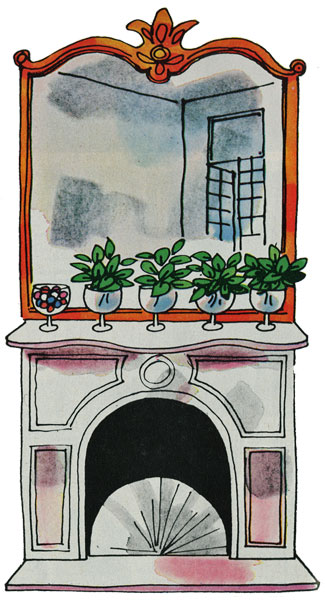 Let’s say you start with your bedroom. Pick one area of the bedroom — one flat surface, such as a shelf, the top of your dresser, a drawer, the floor of your closet. Clear that flat surface, putting everything into a pile.
Let’s say you start with your bedroom. Pick one area of the bedroom — one flat surface, such as a shelf, the top of your dresser, a drawer, the floor of your closet. Clear that flat surface, putting everything into a pile.
Then sort, making quick decisions. Take the top item from the pile — it doesn’t matter what it is, and no avoiding certain items. Just pick up the first item in the pile. Make a quick decision to place this item in one of three piles:
- Keep pile — for stuff you’ve used in the last six months and absolutely need and love.
- Donate pile — to donate to charity, give to family/friends, or recycle.
- Maybe pile — try not to use this pile if you can avoid it, but it’s for ones you absolutely can’t decide on. Put these things into a box, with today’s date, then put it into storage. If you don’t need anything in that box for six months, you can confidently get rid of it.
When you’re done sorting, put the things in the keep pile back, neatly. Where you place them is now their “home” — you should always put them in that spot. Put the donate pile into a box to donate to charity, perhaps setting some items aside to give to friends. Recycle the items that aren’t good enough to be reused.
Now go through the next flat surface — drawer, shelf, space on the floor, etc. Do it one are at a time until the entire room is done. This could take hours, but it can be a lot of fun. When the room is done, you should feel great. Celebrate. Move on to another room if you still have time and energy — otherwise, plan another surge session.
Chunking
This is the baby steps approach, and it’s just as good. When I started Zen Habits, I had been reading a site called Fly Lady, who advocated starting with a clean sink. I did this: cleared the sink of dishes, scrubbed it until it shined. It was the epicenter of my clutter-free zone.
Then I spread the clutter-free zone, one chunk of space at a time, to the kitchen counters, dining table, kitchen floor, closet, cabinets. And so on, tackling one chunk at a time, maybe taking 10-15 minutes a day.
You can start anywhere, not just the kitchen sink. Your dining table is a good place to start, or a kitchen counter, or an area in your living room. It doesn’t matter — pick a spot, clear it. When you have time, clear another space near that clutter-free spot. Do your best to keep the clutter-free zone actually clutter-free as you expand.
Use the same pile-decision technique I described in the previous section — it works for chunking too.
In combination
In reality, you don’t have to choose between the two methods above. You can surge and you can chunk in combo. Maybe you start with a surge this weekend, and then chunk during the week. Maybe you have a month filled with various surges and chunks. Whatever works for your schedule and energy level.
Do what it takes to get it done. And enjoy the process.


